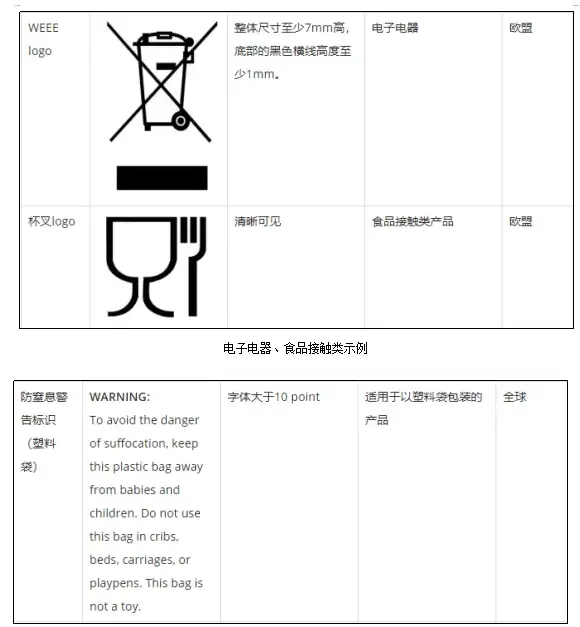
Introduction to Germany and France WEEE Registration
weee directive (Applicable EU-wide):
The Waste Electrical and Electronic Equipment (WEEE) Directive (2002/96/EC) mandates the recycling of electrical and electronic equipment across the European Union.

weee registration (Applicable in the RegisteRED Country):
Under the ElectroG law, issued on March 16, 2005, all electronic products within the EU must be registered for recycling. Local government-authorized recycling companies are responsible for the environmentally friendly disposal of electronic products. These companies continue to manage the waste of these products even if the producing company ceases operations locally (due to bankruptcy or withdrawal from the market). Upon signing a recycling contract, the recycling company guarantees the handling of electronic waste, submits the necessary documents to the local government, and, following government approval, issues a WEEE-Reg-Nummer.
Why Register for Recycling?
The EU enforces strict environmental standards, and electronic recycling laws are crucial for soil and groundwater protection. German manufacturers have been required to register their electronic products since 2005. With Amazon’s global influence, foreign electronic devices have increasingly entered the German market through its platform. On April 24, 2016, German environmental authorities enacted laws requiring Amazon to ensure that all foreign merchants selling electronic devices through its platform obtain a WEEE registration. Until merchants acquire a WEEE code, Amazon is obliged to suspend their sales.
What Are the Consequences of Not Registering for WEEE Recycling?
The most serious consequence of not registering electronic devices for WEEE recycling is not merely the risk of having product listings removed by Amazon. If a merchant’s product sells well, competitors may exploit the lack of compliance. A competitor coULd purchase the non-compliant product and, if it lacks a trash can symbol or has no recycling registration, can have their lawyer request Amazon to halt the sale of the item and initiate court procedures for the destruction of the merchant’s inventory. This scenario could force the merchant to pay for both legal and destruction fees, effectively pushing the company out of the market.
WEEE Registration Process:
1. The merchant completes the German recycling registration form.
2. The recycling company drafts a recycling contract.
3. The merchant signs and returns the contract.
4. The recycling company countersigns, activating the contract.
5. The merchant receives an invoice and makes the payment.
6. The recycling company submits the contract and merchant’s registration details for EAR review.
7. After review, EAR issues a WEEE code and records it in the German electronic recycling database.
Why Choose Us for WEEE Electronic Recycling Solutions?
- Expertise: An excellent team with a proven track record of major clients.
- Efficiency: Dedicated personnel ensure seamless coordination with Germany.
- Competitive Pricing: EU discounts are passed directly to our clients.
Email:hello@jjrlab.com
Write your message here and send it to us
 How Do You Get a CE Mark
How Do You Get a CE Mark
 IEC 60529 IP Rating Ingress Protection Standard
IEC 60529 IP Rating Ingress Protection Standard
 IEC 60601-1 Medical Electrical Equipment Basic Saf
IEC 60601-1 Medical Electrical Equipment Basic Saf
 European Authorized Representative Medical Devices
European Authorized Representative Medical Devices
 EU Waste Electrical and Electronic Equipment Direc
EU Waste Electrical and Electronic Equipment Direc
 How to Get CE Approval
How to Get CE Approval
 Accelerated Ageing Test
Accelerated Ageing Test
 IP Ingress Protection Testing
IP Ingress Protection Testing
Leave us a message
24-hour online customer service at any time to respond, so that you worry!




